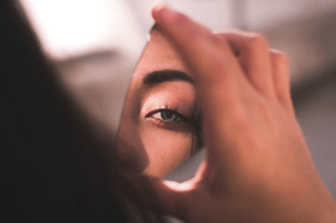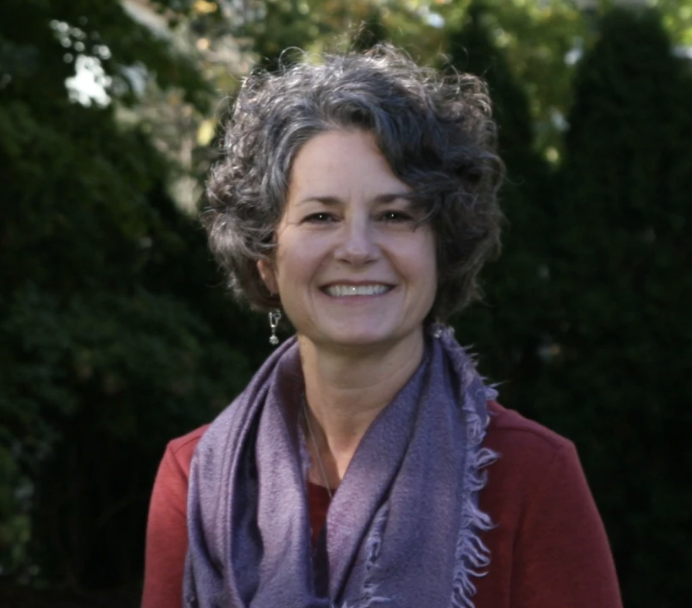
There is nothing outside yourself that is the cause of your happiness or sadness, excitement or fear, love or hate. You are the source of your own experience. As Derek Rydall says in his book Emergence “the world has nothing to give us except feedback and the opportunity to express. Just as a mirror can’t reflect back to you any more or less than what you’re doing in front of it, this world can only reflect back to you what you express into it.” This invites the question - What are your relationships reflecting back to you about your state of mind?
Considering how your relationships are mere reflections of your internal experience does not dismiss the fact that events, environment and the people involved do contribute to and influence your experience. Ultimately, however, the way you experience your life is a result of the way that you are thinking. This being said, it really does seem like circumstances and the way other people behave are causing you to feel the way you do. Usually there are many data points you can point to that support your story that they are the problem and if circumstances and other people would change, you would feel better. Change outside yourself may have a positive impact temporarily, but your underlying state of mind will always make its way back to the surface and cause you to see through a particular filter and experience people and events in a similar way.
The key to changing your experience is to change your mind. When you have an unpleasant experience, instead of doing the typical thing and looking for what went wrong “out there” and blaming the circumstances of your interaction with other people, try to see your relationships as a mirror to your mindset. The simplest way to do this is to start with the drama triangle and use it as a tool to understanding your state of mind.
The drama triangle is a simple diagram that depicts how people get entangled with each other in a way that keeps them stuck in drama. There are three points/positions: villain, victim and hero. When you are entangled with someone else and are seeing them as the problem you are living in the mindset of one or more of these roles. Not only are you stuck in a drama role yourself, but you are automatically placing others in opposite roles - a victim requires a villain and/or hero; a hero requires a victim/and or villain and a villain requires a victim and/or hero.
For instance, if you are feeling like your partner has hurt you, you are placing yourself in the role of victim and your partner in the role of villain. Rather than relating to them from presence (being with what is here now with no story attached), you are relating to them from your own mindset about yourself and your mindset about them. When entangled in this way, there is no room for curiosity and creativity. Your heart and your mind are closed.
With this in mind, take a look at relationships that you have where recycling drama regularly occurs. Instead of pointing the finger at the other people involved, use the relationship dynamic as a mirror and see your own reflection. Notice how and when you show up as villain, victim and/ or hero in these relationships. If that is difficult, go the other route and go ahead and point that finger. Identify what role you see them playing. Remember one of your conflicts and see them in the role(s) of villain, victim and/or hero. Now, as if looking in a mirror, replace their image an image of yourself. See how you also show up in those roles. Notice how your experience of someone as a victim requires you to be seeing them from your role as villain or hero.
Once you can clearly see yourself and your state of mind, you then have the option to shift. In order to shift, you will need to drop the stories that support your position as villain, victim or hero.
- First decide that you are going to step off the triangle by stepping out of the villain, victim and hero mindset.
- Second, notice the thoughts that come up that want to put you right back in those roles. Notice the difference between facts (anything that could be recorded on video - movement, sound, and objects) and the story about those facts.
- Third, challenge those stories, question their veracity, checking out your stories of meaning with the other person.
- Finally, separate the idea of what you want from the idea that something should be a certain way. Having an unfulfilled should automatically puts you on the drama triangle. Letting go of the should and taking responsibility for the want allows you to be present with what is rather than in resistance to it and in drama around it.
When you are in a state of mind in which you see yourself as someone with needs and preferences that you are responsible for satisfying, the drama disappears. You have shifted out of the villain/victim/hero state of mind into an acceptance state of mind. This brings you into alignment with who you are and the reality of what is and consequently your relationships will reflect that back to you. So, if your relationships look messy, pick up a mirror and examine your own state of mind.

